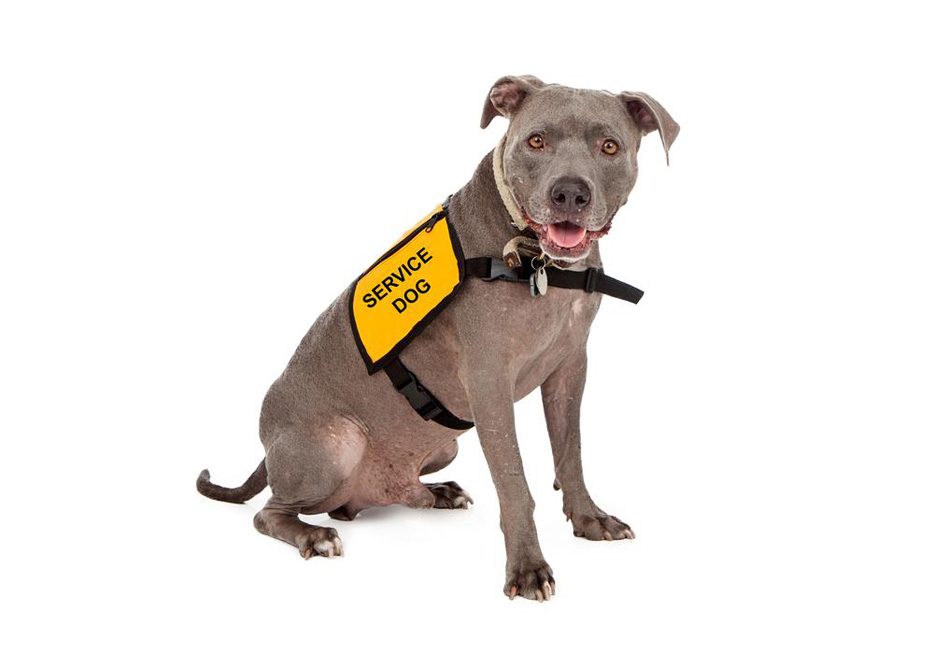Understanding Emotional Support Animals and How to Obtain One
Learn about emotional support animals (ESAs), the benefits they provide, and how to register your dog as an ESA. This overview covers steps like online registration, consulting licensed healthcare providers, and obtaining the necessary documentation to qualify for legal accommodations in housing and travel. Accessible and straightforward, this guide helps individuals understand the process of legitimizing their support animals for emotional and mental well-being.

Understanding Emotional Support Animals and How to Obtain One
Having a therapy dog can provide emotional and mental benefits for individuals facing psychological challenges. These specially trained dogs are recognized as emotional support animals (ESAs) and can qualify their owners for certain legal accommodations. To register a dog as an ESA, individuals need to follow specific steps and obtain official documentation. This can assist with housing rights and traveling with your support animal, bypassing some federal restrictions. If you're looking to register your dog as an ESA or learn about the process, here's what you should do.
Use a reputable ESA registration service
Several trusted online platforms, like US Service Animals, offer ESA registration services.
After providing details about the owner and the dog and completing the registration process, the service will issue an ID card and registration certificate. The ID card includes legal rights and ownership verification, making it easier to prove your ESA's legitimacy when needed. Having both documents can confirm the authenticity of your support animal status.
Consult a licensed healthcare provider
Only licensed professionals can officially certify an ESA. Typically, this involves working with a licensed therapist or doctor, often through referrals. Online tools like the American Psychological Association’s Psychologist Locator can help find qualified practitioners nearby.
Simply enter your zip code and area of practice to find professionals in your vicinity.
Request an ESA letter
Once you've consulted with a licensed therapist, ask for an official ESA letter. This letter should state the diagnosis of a mental or emotional condition and affirm that an ESA will help alleviate symptoms. You do not need to disclose the severity of your condition in the letter.
The official letter from a licensed provider is essential for supporting your claim of having an ESA. Additionally, supplementary documentation from registration services can help validate your support animal when questioned.
Note:
This blog provides broad informational content across various topics. While we strive to offer accurate and helpful insights, please consider this as general guidance rather than definitive advice. We do not assume responsibility for discrepancies or updates in related information on external sources. Readers should verify details independently and seek professional guidance if necessary.









